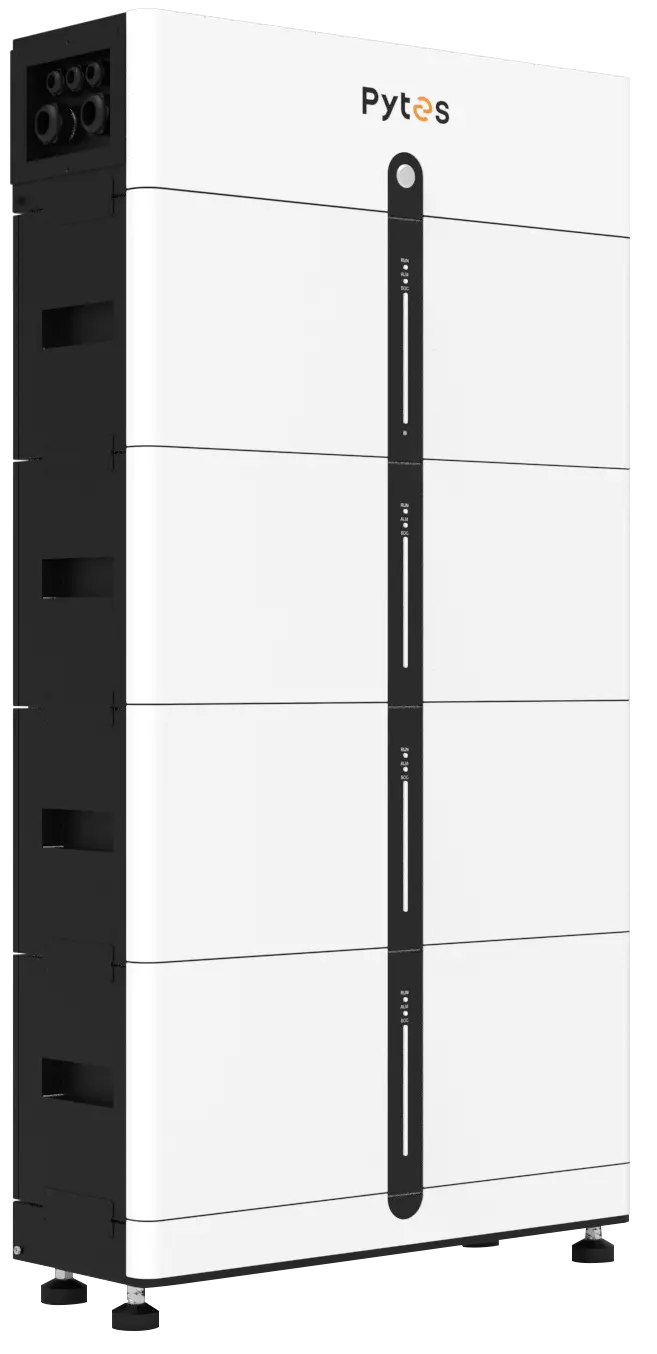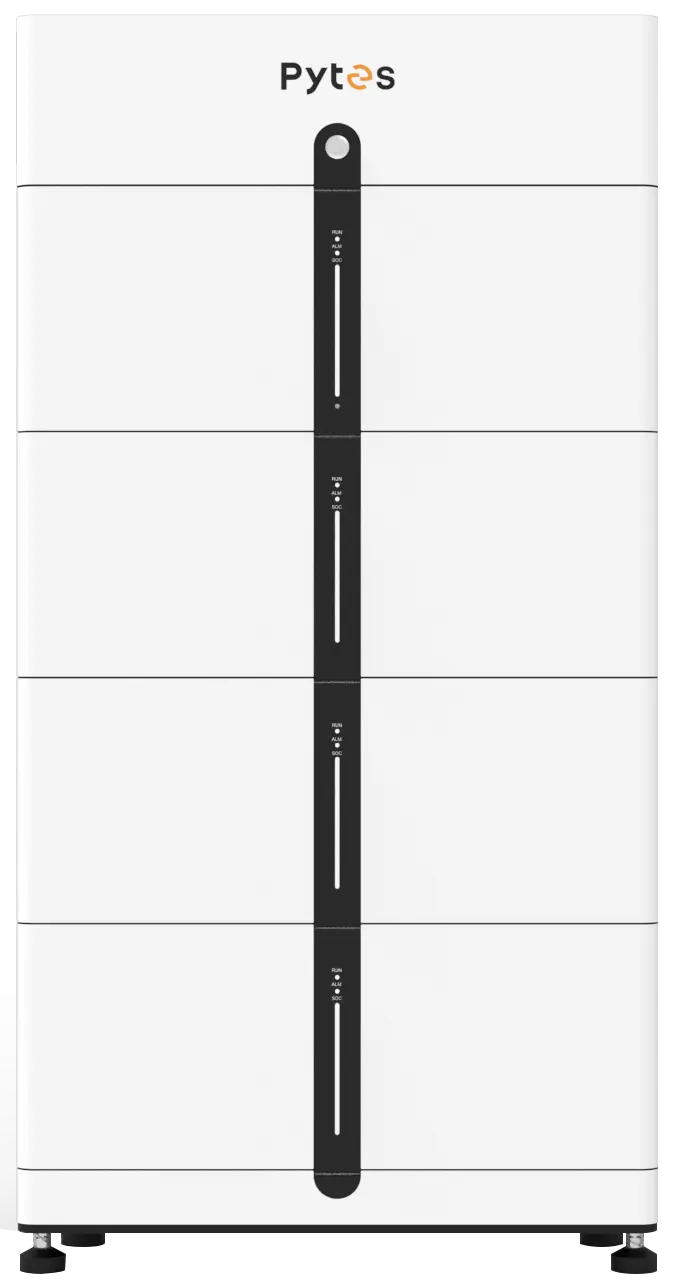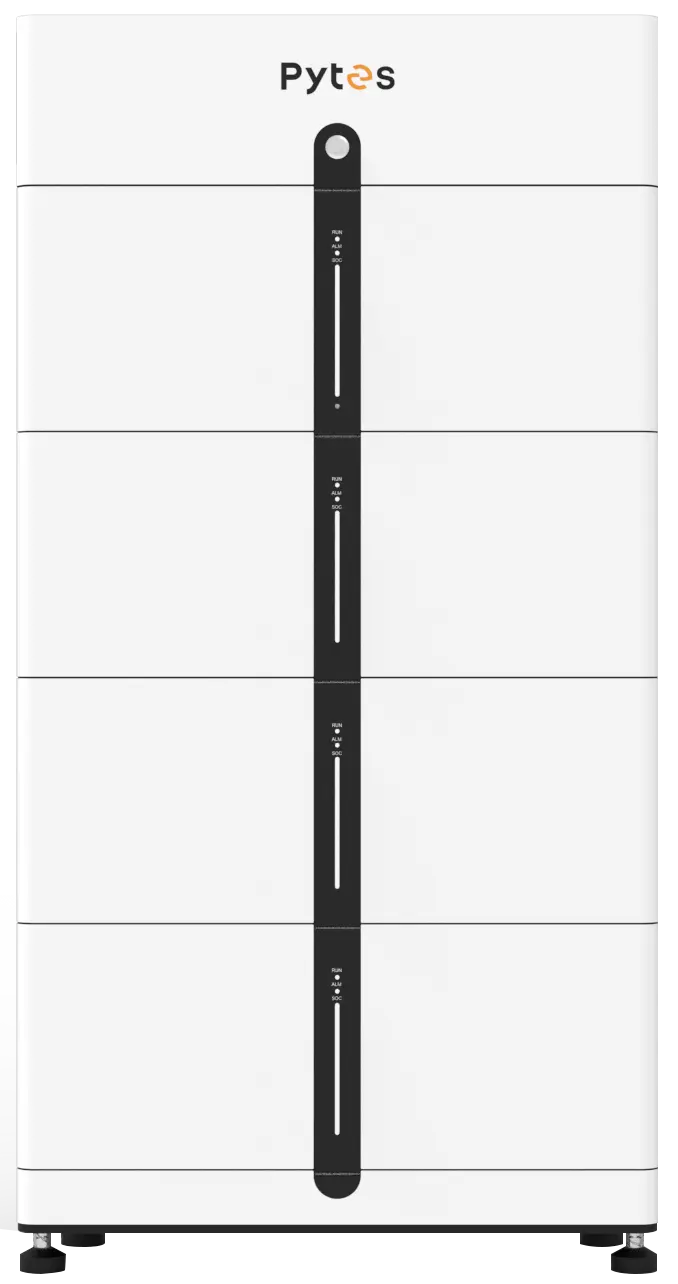Residential energy storage systems, such as the Pytes Pi LV1, have become increasingly popular in recent years as homeowners look for ways to reduce their carbon footprint and save on energy costs. These systems allow homeowners to store excess energy generated by renewable energy sources, such as solar panels, and use it when needed. In this blog post, we'll explore how residential energy storage systems can improve the energy efficiency of your home, providing you with a sustainable and cost-effective solution.
Understanding Residential Energy Storage Systems
Residential energy storage systems are devices that store electricity generated from renewable sources or during off-peak hours. These systems typically consist of batteries, inverters, and monitoring systems. The batteries store the excess energy, while the inverters convert the stored energy into usable electricity for your home. The monitoring systems provide real-time data on energy production and consumption, allowing homeowners to optimize their energy usage.

Benefits of Installing Residential Energy Storage Systems
1. Reduced energy costs
One of the most significant benefits of residential energy storage systems is the ability to reduce energy bills. By storing excess energy generated from renewable sources, homeowners can use that energy during times of high energy prices, such as peak hours. This can result in significant savings on energy bills, especially for those who generate a lot of excess energy during the day.
2. Increased Energy Independence
With a residential energy storage system, homeowners can become more independent of the grid and less dependent on traditional energy sources. This is especially important during power outages, as having backup energy ensures that essential appliances and equipment continue to operate. In addition, residential energy storage systems can provide backup power for emergencies.
3. Improved energy efficiency
Another benefit of residential energy storage systems is increased energy efficiency. By storing excess energy, homeowners can use that energy when energy demand is high, thus reducing the need to use grid energy. This not only saves money on energy bills, but also reduces the overall demand on the grid, making it more sustainable.
4. Increase property value
Installing a residential energy storage system can also increase your property value. Home buyers are becoming more environmentally conscious and are looking for homes that are equipped with sustainable energy solutions. By installing a residential energy storage system, homeowners can demonstrate their commitment to sustainability and energy efficiency, making their property more attractive to potential buyers.
5. Improved energy management
Residential energy storage systems enable homeowners to manage energy usage more efficiently. By monitoring energy usage and storage, homeowners can better understand their energy consumption patterns and make informed decisions about how to reduce energy consumption and save money on energy bills.
How Residential Energy Storage Systems Improve Energy Efficiency
1. Load Shifting:
One of the primary ways residential energy storage systems improve energy efficiency is through load shifting. Homeowners can store excess energy during off-peak hours and use it during peak demand periods. This allows them to avoid using electricity from the grid when rates are higher, resulting in reduced energy costs.
2. Peak Shaving:
Peak shaving involves using stored energy during times of high electricity demand. By reducing the amount of electricity drawn from the grid during peak hours, homeowners can avoid costly demand charges imposed by utility companies. This not only saves money but also helps alleviate strain on the grid during peak periods.
3. Time-of-Use Optimization:
Many utility companies offer time-of-use (TOU) rates, where electricity costs vary depending on the time of day. Residential energy storage systems can optimize energy usage by charging the batteries during off-peak hours when electricity rates are lower and using the stored energy during peak hours when rates are higher. This strategy can result in significant savings on electricity bills.
4. Backup Power:
Residential energy storage systems provide homeowners with backup power during power outages or grid failures. By having stored energy readily available, essential appliances and devices can continue to operate, ensuring comfort and safety during emergencies.

Factors to Consider When Choosing a Residential Energy Storage System
When selecting a residential energy storage system, several factors should be considered:
1. Capacity and Power Rating:
The capacity and power rating of the system determine how much energy it can store and how much power it can deliver. It is essential to choose a system that aligns with your energy needs and consumption patterns.
2. Battery Chemistry and Lifespan:
Different battery chemistries, such as lithium-ion, lead-acid, and flow batteries, offer varying performance characteristics and lifespans. Understanding the pros and cons of each chemistry is crucial in selecting the right system for your home.
It is recommended that you consider Pytes Pi LV1. The Pi LV1 is a stacked battery developed and produced by solar battery manufacturer Pytes. The battery storage system is made with a non-hazardous LFP battery design, robust construction and extensively tested to UL9540A to ensure a higher level of safety and protection.
3. Scalability and Expandability:
Consider whether the system can be easily expanded in the future if your energy needs change. Scalable systems allow for the addition of more batteries to accommodate increased energy consumption.
4. Integration with Existing Energy Systems:
Ensure that the residential energy storage system can seamlessly integrate with your existing energy systems, such as solar panels or wind turbines. Compatibility and proper integration are essential for optimal performance.
Pytes: Your Trusted Partner for Residential Energy Storage Solutions
Pytes (USA) Energy, Inc. has over 20 years of technical experience in developing and delivering high-quality, efficient residential energy storage systems. Our goal is to help our customers reduce costs while providing ongoing support during power outages to ensure they feel safe and secure.
Conclusion
Residential energy storage systems offer homeowners an opportunity to improve energy efficiency in their homes while reducing their reliance on the grid and saving on energy costs. By understanding the components, benefits, and factors to consider when choosing a system, homeowners can make informed decisions to optimize their energy consumption.
